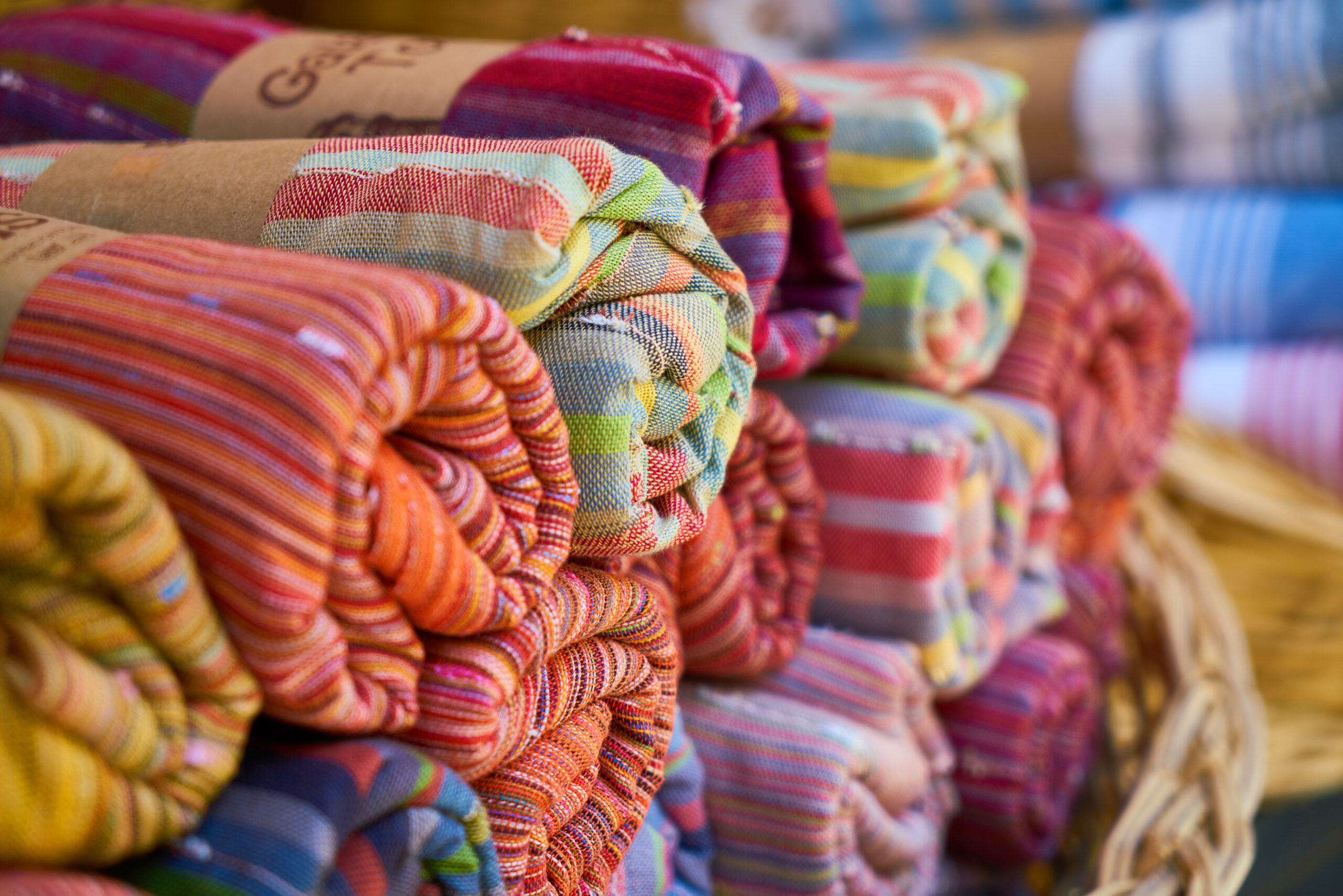Knitwear manufacturing in Pakistan has become one of the most influential sectors of the country’s textile industry, playing a vital role in the global supply chain of apparel. Pakistan is recognized as one of the top producers and exporters of knitted garments, supplying millions of pieces annually to markets across Europe, North America, Asia, and the Middle East. From sweaters and t-shirts to sportswear and fashion apparel, Pakistani knitwear is known for its quality, affordability, and sustainability.
The industry is supported by locally grown cotton, advanced production facilities, and a skilled workforce that enables manufacturers to meet international standards. Over the past few decades, Pakistan has evolved into a preferred destination for knitwear sourcing, competing with global giants like China, Bangladesh, and India.
In this detailed article, we will explore the history, growth, challenges, opportunities, and global impact of knitwear manufacturing in Pakistan, highlighting why international buyers continue to choose Pakistani manufacturers for their apparel needs.
History of Knitwear Manufacturing in Pakistan
The roots of Pakistan’s textile industry date back to the early years after independence in 1947. With access to high-quality cotton and a growing domestic demand, textile mills began expanding their operations. By the 1970s and 1980s, Pakistan had already established itself as an exporter of cotton and yarn, but the shift toward value-added products like knitwear came later.
This transformation was driven by global demand for affordable yet stylish knitwear. Manufacturers invested in circular knitting machines, dyeing units, and finishing technologies, allowing them to produce ready-to-wear garments at scale. Over the past three decades, knitwear has emerged as one of Pakistan’s highest-earning export categories, alongside denim and home textiles.
Importance of Knitwear Manufacturing in Pakistan’s Economy
Knitwear manufacturing plays a central role in Pakistan’s economic growth. According to trade statistics, the textile sector contributes around 8–9% of Pakistan’s GDP and more than 60% of total export earnings. Knitwear alone accounts for a significant share of this, generating billions in foreign exchange annually.
Beyond its economic contribution, the knitwear industry also provides millions of jobs directly and indirectly, employing skilled and semi-skilled workers, from machine operators and designers to supply chain managers. This makes the sector not just an economic driver but also a social pillar, supporting communities across the country.
Factors Behind the Growth of Knitwear Manufacturing in Pakistan
Several factors have contributed to the steady rise of Pakistan’s knitwear industry:
Availability of Raw Materials
Pakistan is the fourth-largest cotton producer in the world, which provides easy access to high-quality raw materials for knitwear production. This reduces dependency on imports and ensures cost competitiveness.
Skilled Workforce
The country has a large pool of experienced textile workers who understand both traditional techniques and modern machinery, ensuring high productivity and quality output.
Advanced Technology and Infrastructure
Modern knitting, dyeing, and finishing facilities have been established across Pakistan’s textile hubs, particularly in Karachi, Lahore, Faisalabad, and Sialkot. Many factories operate with computerized knitting machines, CAD/CAM design software, and automated cutting systems.
Competitive Pricing
Compared to competitors like Turkey or Europe, Pakistan offers lower labor and production costs, allowing international buyers to source high-quality knitwear at more affordable prices.
Government Support
Policies such as tax incentives, export subsidies, and financing schemes for modernization have boosted the textile sector’s growth.
Types of Knitwear Manufactured in Pakistan
Pakistani factories produce a wide variety of knitwear items, catering to diverse markets:
- Basic Apparel: T-shirts, tank tops, polo shirts
- Winter Garments: Sweaters, cardigans, pullovers
- Sportswear & Activewear: Hoodies, joggers, track suits, compression wear
- Fashion Apparel: Dresses, skirts, high-fashion knit tops
- Children’s Wear: Comfortable knitwear designed for durability and softness
This versatility allows Pakistan to serve both fast fashion retailers and premium fashion brands.
Global Market for Pakistani Knitwear
Knitwear manufacturing in Pakistan is export-oriented, with key markets including:
- European Union (EU): Germany, Spain, UK, France, Italy
- United States: A growing demand for knit t-shirts, sportswear, and casual clothing
- Middle East & Gulf Countries: Comfortable, breathable knitwear for warm climates
- Asia-Pacific: Increasing demand in Japan, South Korea, and China
Pakistan benefits from trade agreements such as the GSP+ status with the EU, which provides duty-free access for many textile products. This has boosted exports significantly over the past decade.
Sustainability and Ethical Practices in Knitwear Manufacturing
As global demand shifts toward sustainable fashion, Pakistani knitwear manufacturers are adopting eco-friendly practices such as:
- Using organic cotton and recycled fibers
- Implementing water-saving dyeing technologies
- Investing in solar energy and renewable resources
- Following ethical labor practices with international certifications like WRAP, SEDEX, BSCI, and OEKO-TEX
Sustainability has become a major selling point for Pakistani knitwear in Western markets, where consumers increasingly prefer environmentally responsible brands.
Challenges Facing Knitwear Manufacturing in Pakistan
Despite its success, the industry faces several challenges:
- Energy Shortages: Unstable electricity and gas supplies affect production efficiency.
- Global Competition: Countries like Bangladesh and Vietnam offer lower labor costs.
- Logistics & Infrastructure: Delays in ports and transport systems can hinder timely deliveries.
- Innovation Gap: Need for more investment in R&D, fashion design, and branding.
Addressing these issues is crucial for Pakistan to maintain and expand its position in the global knitwear market.
Opportunities for Future Growth
The future of knitwear manufacturing in Pakistan looks promising with opportunities such as:
- E-commerce and Direct-to-Consumer (D2C) Brands: Pakistani manufacturers can launch their own global online fashion labels.
- Technical Textiles: Expansion into performance-based knitwear like sports compression gear.
- Sustainability Branding: Strengthening Pakistan’s image as a hub for eco-friendly knitwear production.
- Regional Trade: Increased exports to emerging markets in Africa, Central Asia, and Southeast Asia.
Why Global Buyers Choose Pakistan for Knitwear Sourcing
International buyers continue to source knitwear from Pakistan due to:
- High-Quality Standards
- Competitive Prices
- Skilled Workforce
- Compliance with Global Certifications
- Strong Supply Chain Capabilities
This combination makes Pakistan a trusted partner for global fashion brands ranging from fast fashion retailers to high-end designers.
Leading Knitwear Manufacturing Hubs in Pakistan
The main hubs for knitwear manufacturing include:
- Faisalabad: Known as the “Manchester of Pakistan,” specializing in knitwear and home textiles.
- Karachi: A major port city with large-scale factories catering to exports.
- Lahore: Home to fashion-forward knitwear manufacturers and exporters.
- Sialkot: Famous for sportswear and activewear knit products.
Conclusion
Knitwear manufacturing in Pakistan is a cornerstone of the country’s textile sector and a vital contributor to the national economy. With access to high-quality cotton, skilled labor, and advanced technology, Pakistan has positioned itself as a global leader in knitwear exports.
Despite challenges like energy shortages and stiff international competition, the industry continues to thrive, driven by its commitment to quality, sustainability, and affordability. As global fashion shifts toward ethical and eco-friendly production, Pakistani knitwear manufacturers are well-prepared to meet these evolving demands.


